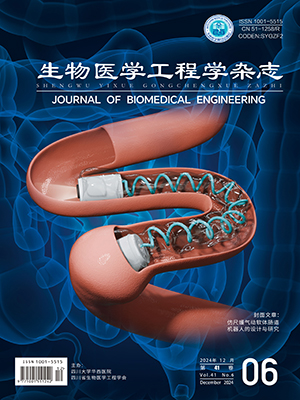Chit-oligosaccharide (COS) is a low-molecular, water-soluble mass with higher biological activity, which can be absorbed by human body easily and interact with cells directly. Based on the excellent biological properties of collagen (Col) and COS, a series of Col and COS composite hydrogel (Col/COSn) was constructed in this study. The effect of composite hydrogel on cells proliferation, differentiation and related osteogenic gene expression was evaluated on pre-osteoblast MC3T3-E1s. The experimental results showed that all the Col/COS composite gels could promote the growth of MC3T3-E1s, proliferation and bone related gene expression compared to that of pure Col gels. And there was significant difference among the composite hydrogel groups with different degrees of polymerization of COS. The effect of the composite gel which contained chitotetraose (COS4) or chitohexaose (COS6) on the cells proliferation was better than that of other groups, while on cells differentiation and related osteogenic gene expression the composite gel contained chitopentaose (COS5) was the best in all the groups.
Citation: WENJianhua, LIZhenzhen, JIAWeijian, DINGShan, ZHOUChangren. Effect of Chit-oligosaccharide/Collagen Composite Gels on Pre-osteoblastic MC3T3-E1s Differentiation. Journal of Biomedical Engineering, 2016, 33(3): 493-498. doi: 10.7507/1001-5515.20160083 Copy
Copyright © the editorial department of Journal of Biomedical Engineering of West China Medical Publisher. All rights reserved




